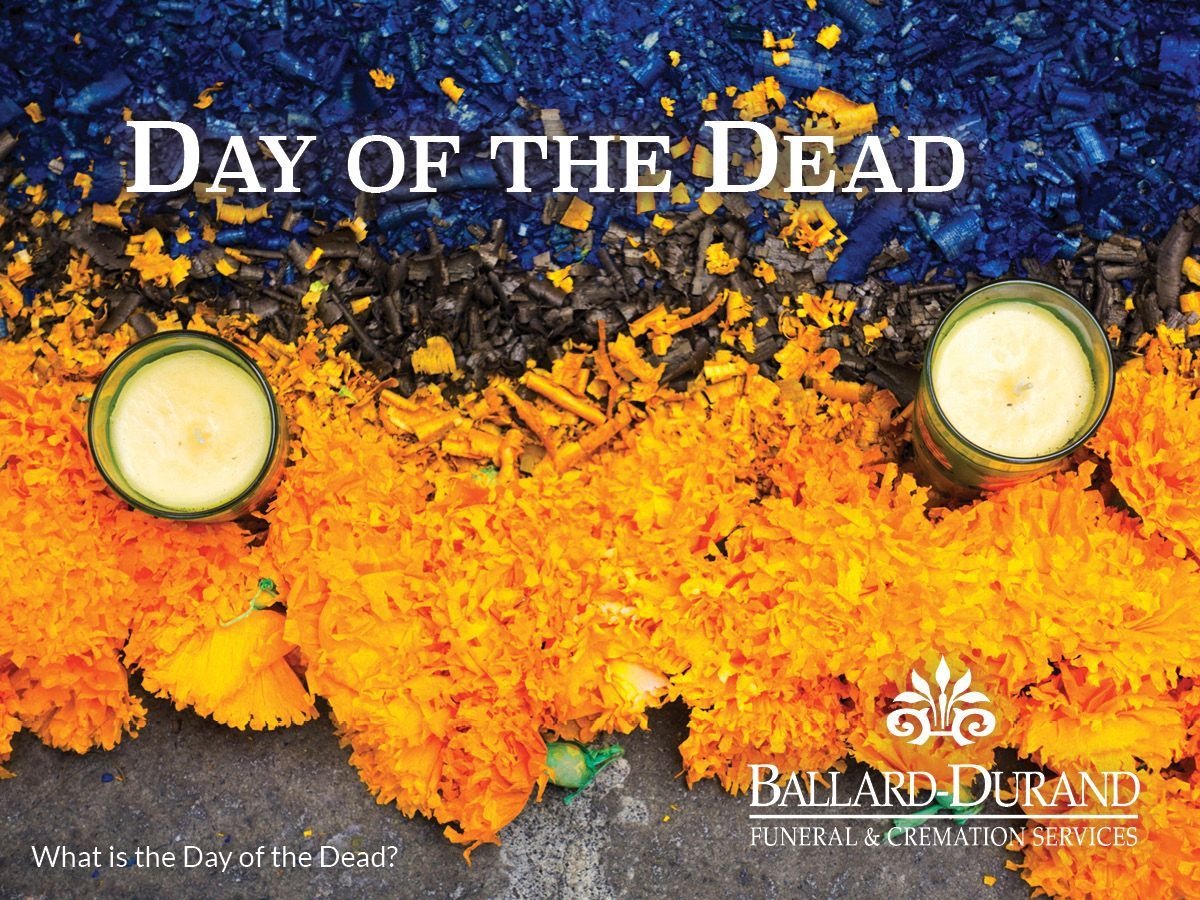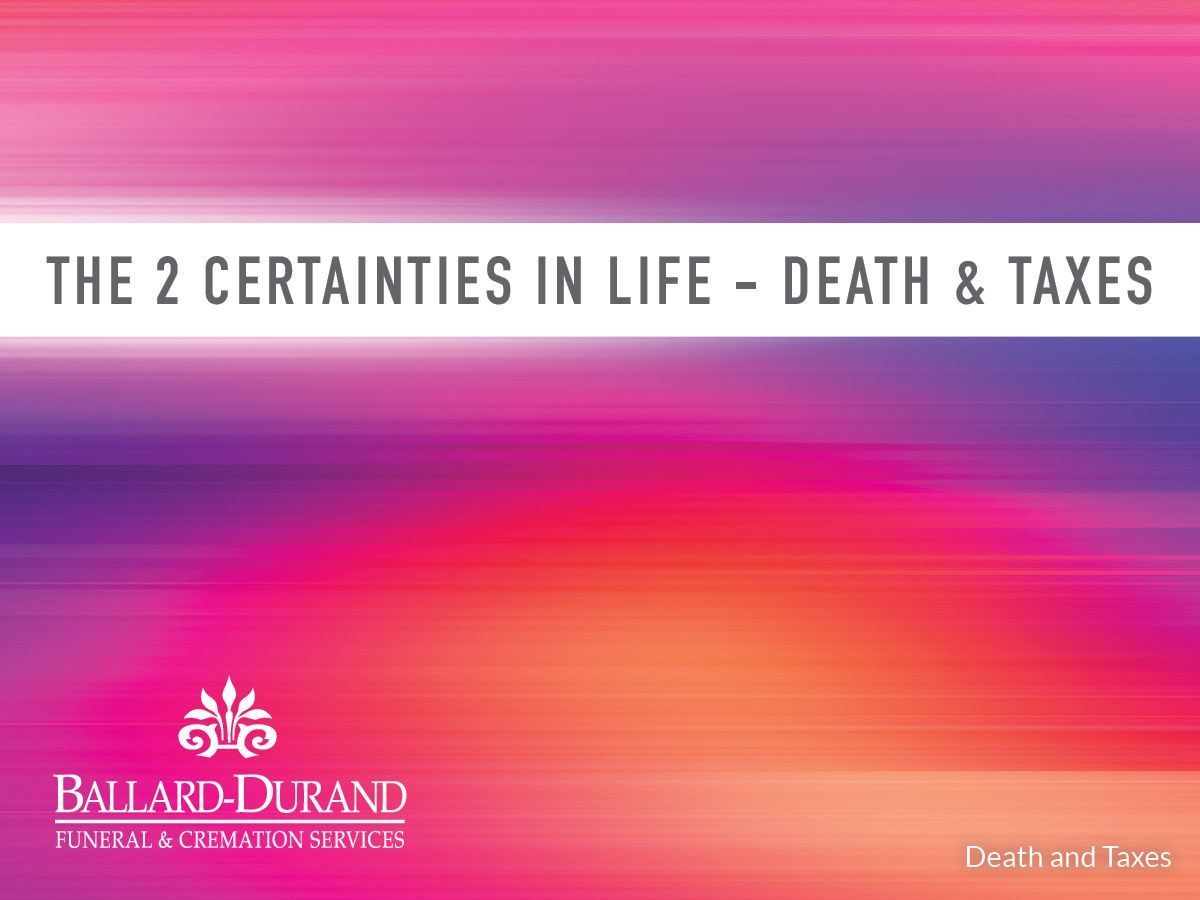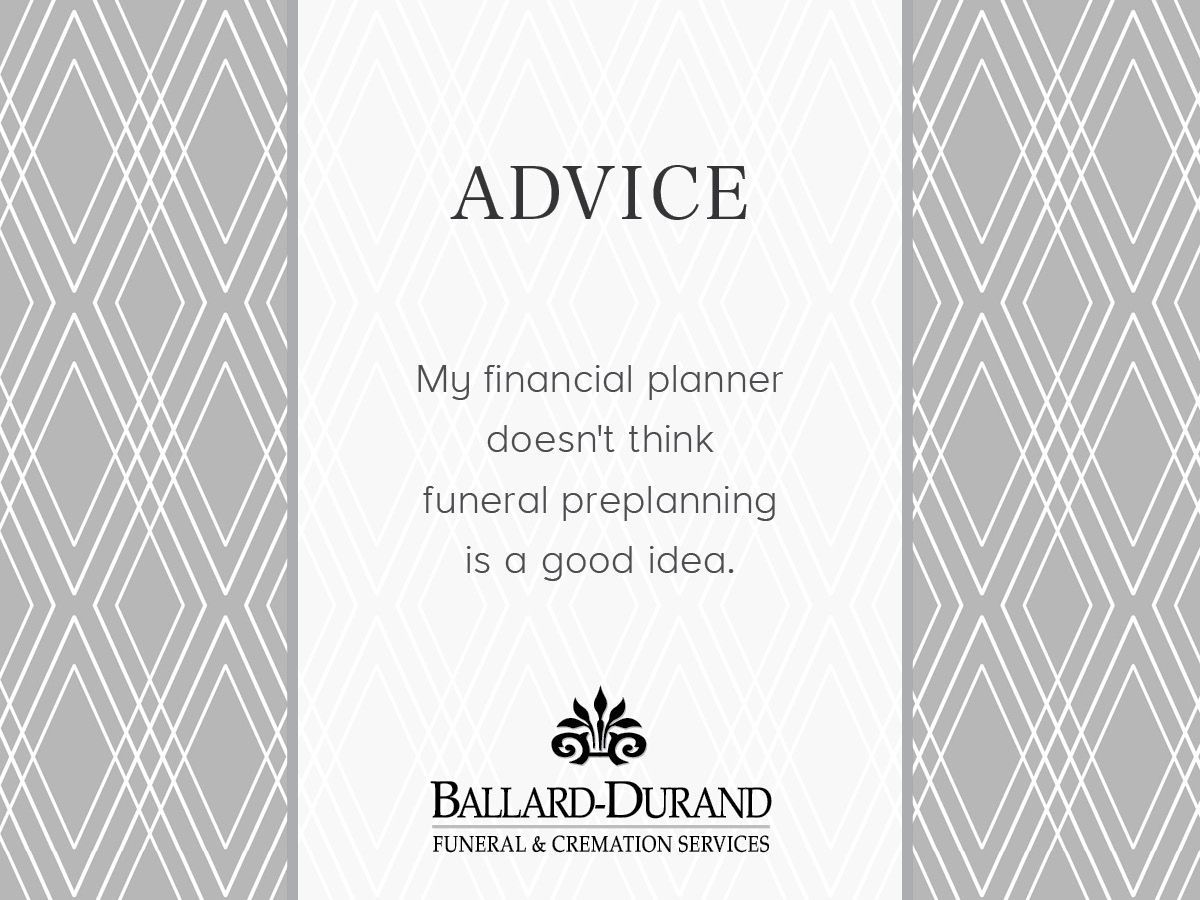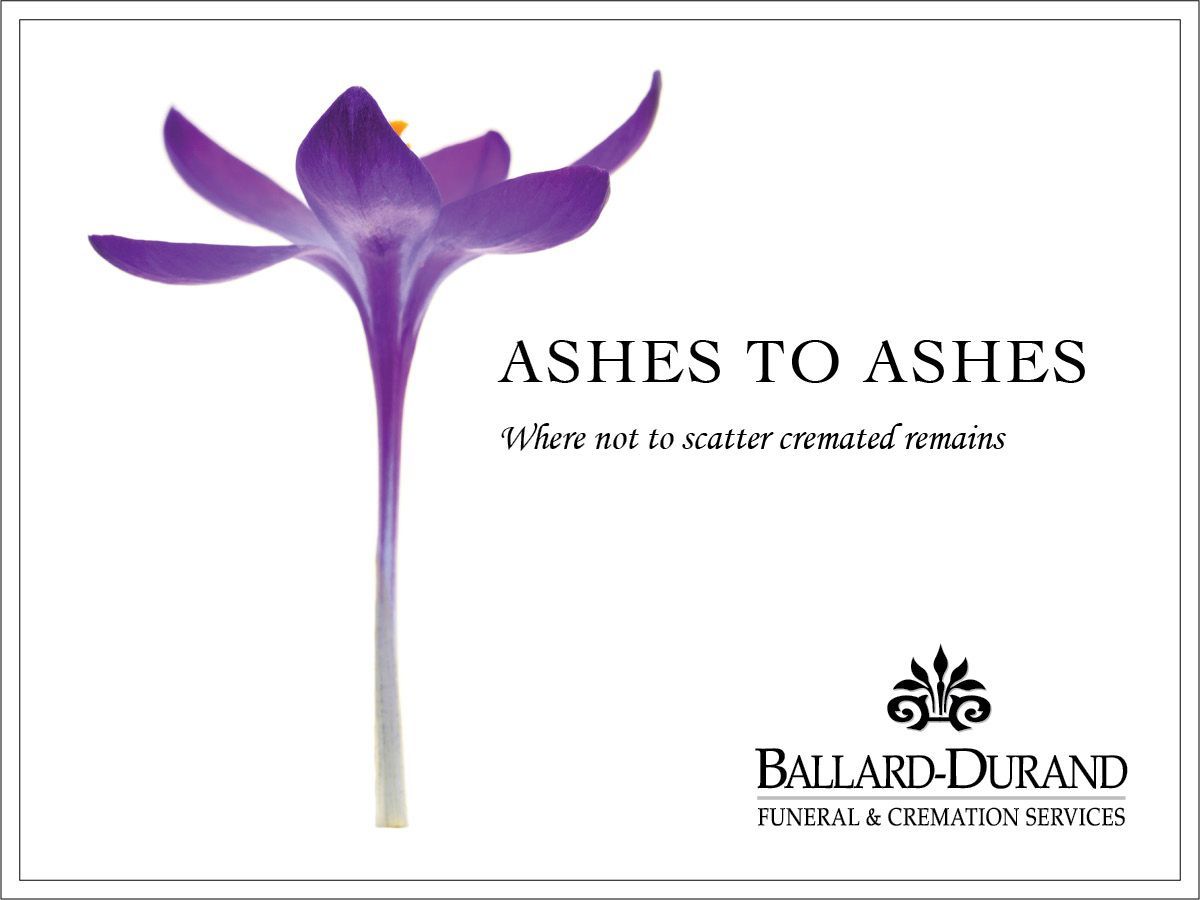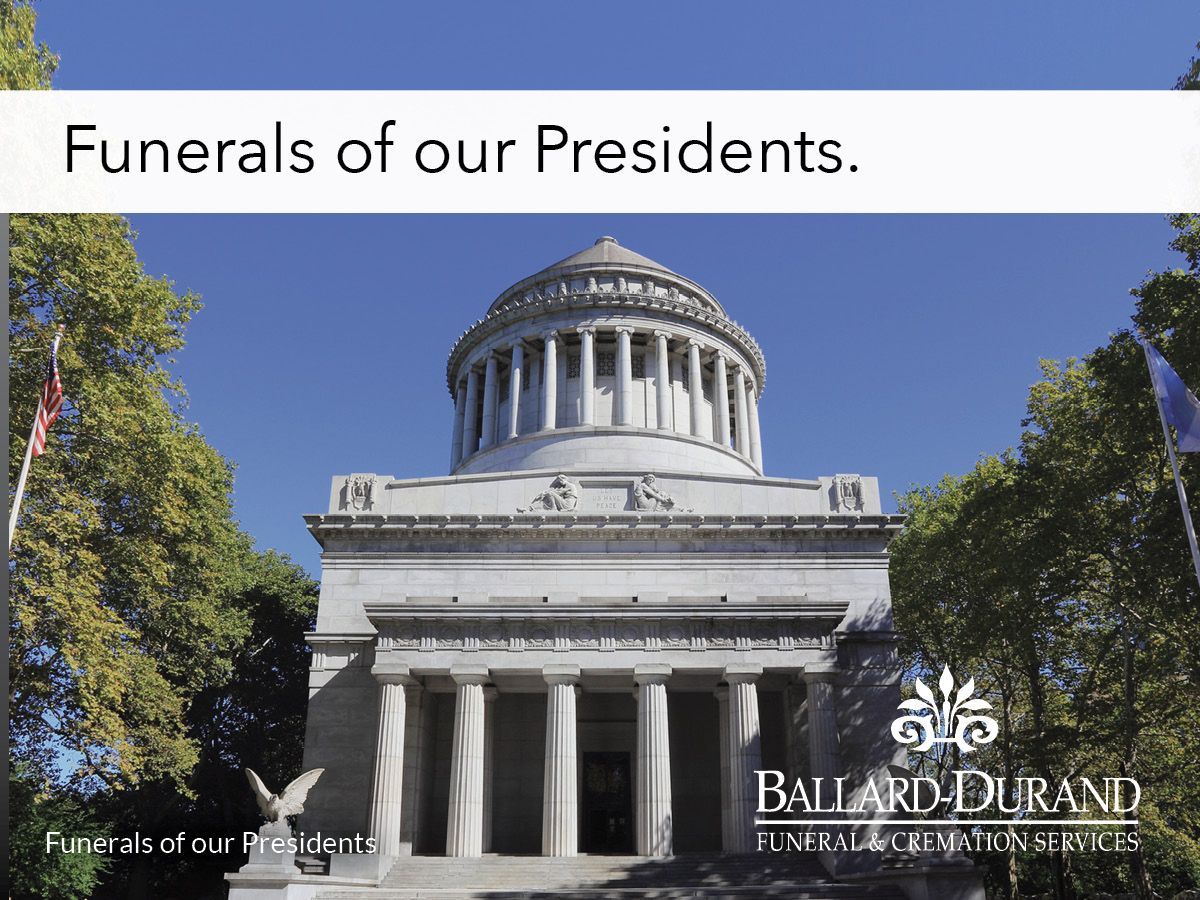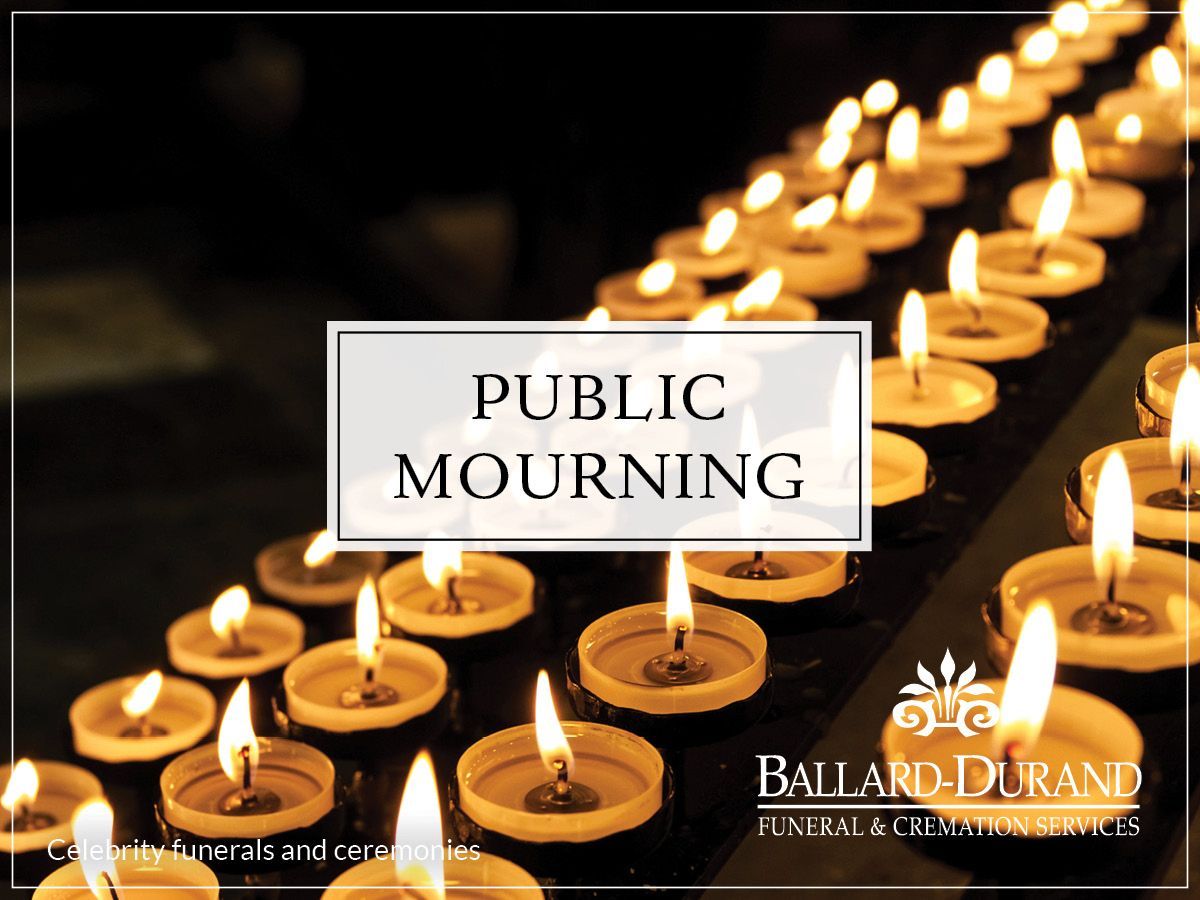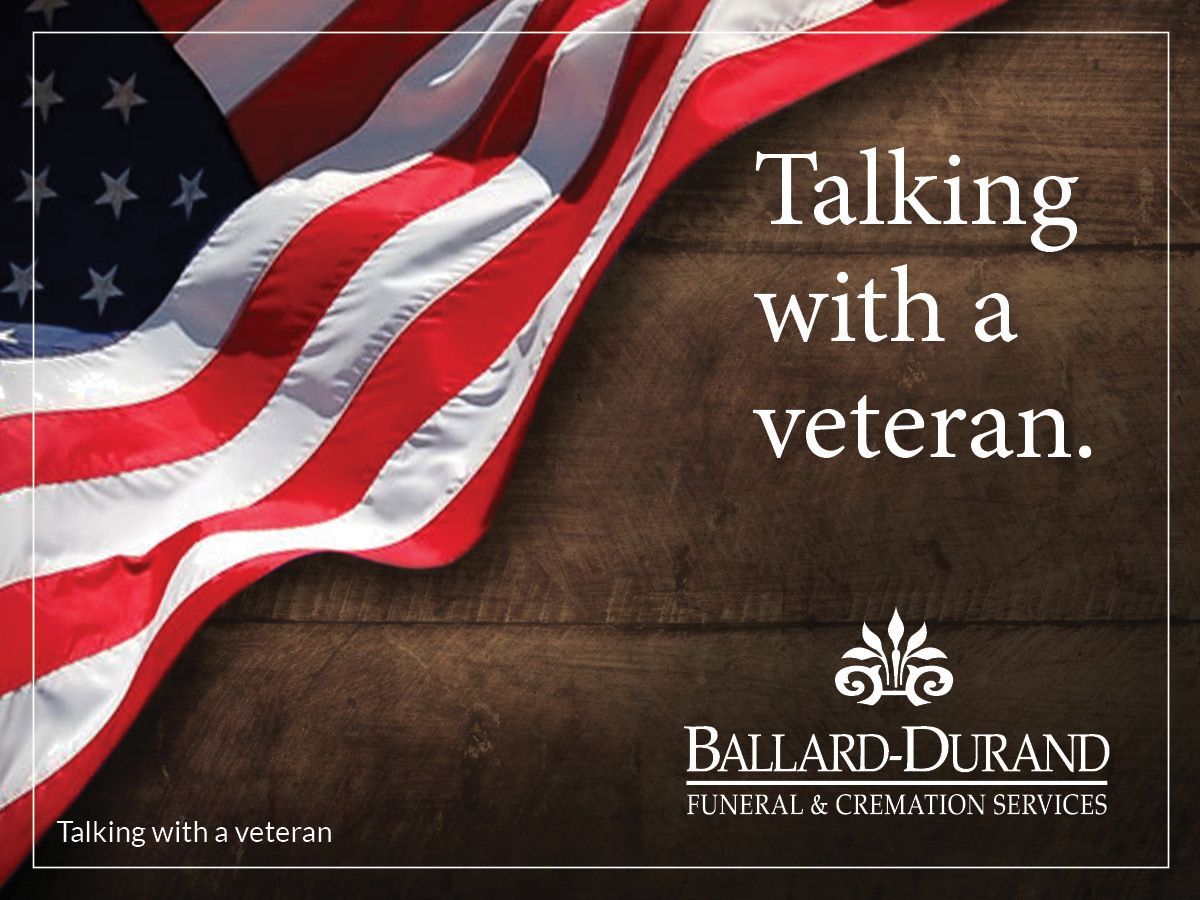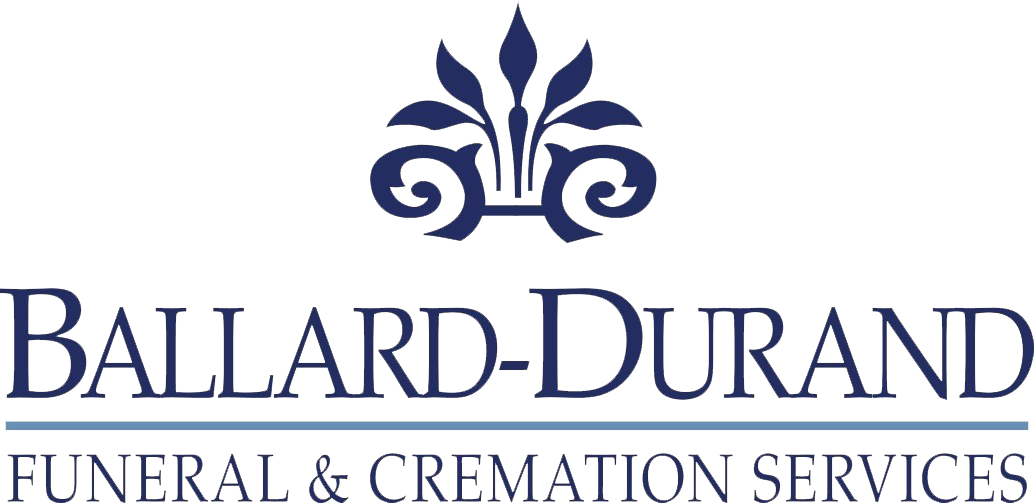Preparing the Eulogy
Writing and delivering a eulogy can be a daunting task. How do you sum up a life in three to eight minutes? If you are not accustomed to public speaking, the idea of “being on stage” can add to the discomfort. But take heart: what you are going to do is important, but perfection is not required.
Here are a few tips to help you along the way.
Preparation is important and should not be skipped. A eulogy is not something one can just do “on the fly.” Even the most seasoned of writers and speakers perform better when they plan and organize.
Begin by briefly introducing yourself. Share how you are connected to the deceased. If you are representing the family, thank people for coming.
Do your homework. Start with a basic outline of the person’s life. Include where and when they were born. Mention parents and siblings. Include basic information about marriages, children born, education, and work.
The best eulogies capture the essence of the person who died. Include words like “kind,” “loyal,” “hardworking,” and “free spirited.” These are descriptive adjectives that everyone who knew them can relate to as soon as the word is spoken.
A good way to capture that essence is to interview a few people who knew the deceased well. You will find most friends and family will be more than willing to help you. These interviews are one of the most important parts of your preparation.
Plan to ask the same simple questions with each person you interview. Ask permission to record the interview. When a death has occurred, it is too much to expect that you’ll be operating at peak performance. Being able to go back and listen to your interviews will become important as you begin to put the information you receive from everyone in writing.
Ask open ended questions. How did you know _______? How would you describe ________? What will you remember about ________? Do you have a story to share? What should I not forget to say about ______? Don’t forget to answer the questions you asked others yourself.
After you talk to a few friends and family you will probably begin to see the essence of the person you are going to talk about begin to emerge. Include a story that illustrates this essence. Be descriptive. Include humor if it feels natural and comes easily. Don’t try to force humor if it doesn’t feel comfortable to you or because you think there should be something funny included.
Finally, you must say farewell. There needs to be a conclusion. If words do not come to you, borrow words from a poet, a song writer, or scripture. Perhaps the person who died had a favorite such person that you can quote.
Don’t forget to practice. Read the eulogy you have written out loud. Make corrections and read it out loud again. Time yourself and edit if you are going over 10 minutes. Finally, check with others involved in the service regarding the order of the service. If there is more than one eulogist be sure you are not sharing the same story or information.
When the time comes, speak slowly and distinctly. Most people tend to speed up when they are nervous. If emotion surfaces, stop, take a minute and a deep breath before continuing. You’ll be glad you practiced.
